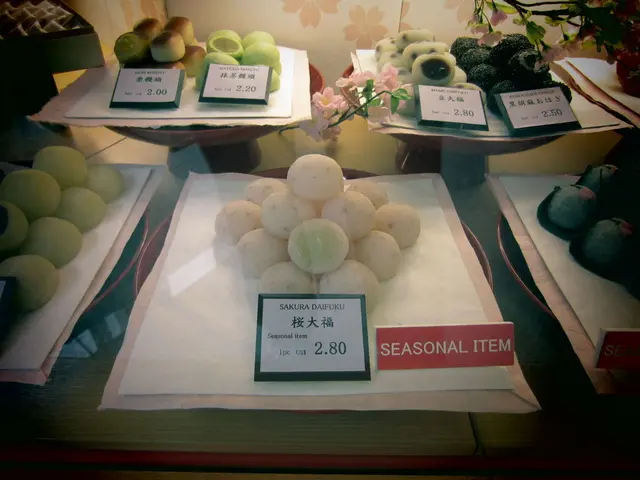Court orders revelation of Yingluck's assets after dictating 10 billion baht settlement
The Supreme Administrative Court in Thailand has ordered Yingluck Shinawatra, the former Prime Minister, to pay compensation totaling 10.03 billion baht for her role in the rice-pledging corruption case. This ruling comes amidst a significant reduction from the initial loss estimate of 35.7 billion baht set by the Ministry of Finance.
The court's ruling, announced on May 22, 2025, found Yingluck liable for negligence in preventing damages caused by corruption in the rice pledging scheme.
Investigations by the National Anti-Corruption Commission revealed that Yingluck's declared assets increased from 547 million baht in 2011 to 579 million baht in 2015. Her most valuable assets consist of buildings, structures, land plots, investments, and loans. Her family home in Soi Nawamin 111 is valued at 110 million baht, while a total of 117 million baht is attributed to 14 land plots and 115 million baht to her investments.
Bank accounts with Bangkok Bank, Kasikorn Bank, UOB Bank, and Thanachart Securities contributed over 24 million baht in combined deposits. Notably, Yingluck's asset declarations also included 1.5 million baht belonging to her son, Suppasek Amornchat.
Post-office, Yingluck reported annual earnings of approximately 9.5 million baht, primarily from dividends, interest, rental income, and a retirement fund as a former MP.
The Thai courts' liability findings have resulted from a highly disputed legal battle surrounding the rice-pledging scandal during Yingluck's premiership. While the exact scale of Yingluck Shinawatra's net worth at the time of her departure from office remains undisclosed, the financial implications of the rice-pledging case were substantial, considering the original 35.7 billion baht loss estimate from the Ministry of Finance.
The Supreme Administrative Court's decision requires Yingluck Shinawatra, the former Prime Minister, to pay a significant sum in compensation, which raises questions about her financial dealings during her tenure. This development is also coupled with the revelation of an increase in Yingluck's assets through various investments, buildings, and loans, as prosecuted by the National Anti-Corruption Commission. The rice-pledging scandal, a controversial policy-and-legislation issue during Yingluck's premiership, has been marked by both enormous financial losses initially estimated by the Ministry of Finance and subsequent legal battles, shedding light on the intersection of business, politics, and crime-and-justice in Thailand.








